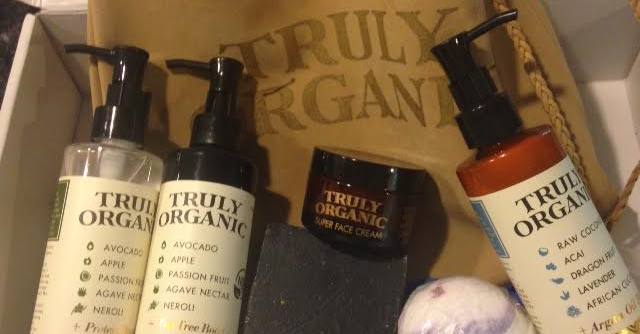In a world where the term “organic” is increasingly used to market products, it can be challenging to discern which shampoo and conditioner options are genuinely organic and which are simply riding the organic wave for marketing purposes. Hairs are a valuable part of our body, which totally defines our personality and look hence, choosing the best natural shampoo and conditioner can make a huge difference to your hair.
Some basic aspects of Organic Hair Care
Truly organic hair care products should be cruelty-free, environmentally sustainable, and packaged in eco-friendly materials.
1. Check for Certification
One of the most reliable ways to identify truly organic products is to search for certifications from reputable organizations. Some well-known organic certifications for personal care products include:
● USDA Organic: If you’re in the United States, the USDA Organic seal signifies that the product meets strict organic standards, with at least 95% organic content.
● EcoCert: This European certification agency certifies organic and natural cosmetics worldwide.
● Soil Association: A UK-based certification that ensures products meet high organic and ethical standards.
● NATRUE: An international certification for natural and organic cosmetics.
2. Check the Ingredients List
Organic Ingredients: A truly organic shampoo or conditioner will list organic ingredients upfront. Look for organic aloe vera, organic coconut oil, or organic chamomile extract, for example. The higher these ingredients are on the list, the better.
Avoid Synthetic Chemicals: Check for ingredients like sulfates (e.g., sodium lauryl sulfate), parabens (e.g., methylparaben), and synthetic fragrances.
Botanicals and Plant Extracts: Genuine organic products often contain a variety of botanicals and plant extracts known for their nourishing properties.
Water as the First Ingredient: In many natural and organic products, water is often listed as the first ingredient, followed by organic ingredients. This is entirely normal and not a sign of a less organic product.
3. Watch for Greenwashing
Greenwashing is the practice of making a product appear more eco-friendly or organic than it really is. To avoid falling for greenwashing tactics:
Beware of Vague Claims: Phrases like “natural-inspired” or “organic-like” are red flags. Truly organic products won’t rely on vague wording.
Check the Percentage: Some products may claim to contain “organic ingredients,” but the percentage can be minimal. Look for products with a high percentage of organic ingredients.
Research the Brand: Investigate the brand’s reputation and values. Brands genuinely committed to organic principles will typically have a track record of sustainability and transparency.
4. Cruelty-Free and Eco-Friendly Labels
In addition to organic certifications, consider looking for cruelty-free and eco-friendly labels. These symbols indicate that the product has not been tested on animals and that the packaging or the product itself is environmentally responsible.
5. Do Your Research
You can read various online resources, read reviews to learn more about the brand and its commitment to organic and eco-friendly practices.
Conclusion
Reading labels to spot truly organic shampoo and conditioner products requires a bit of time and effort, but the benefits to your hair and the environment make it well worth it. In addition, you should also check for organic certifications and ingredient lists to choose hair care products that align with your organic values.

